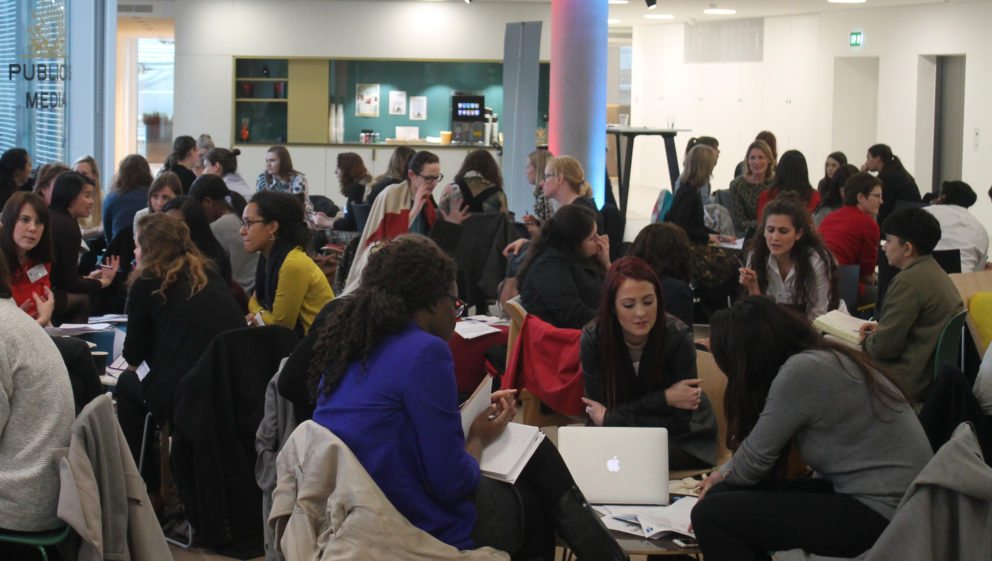1. Get to know the Charity
When looking to volunteer, you should take some time to find an organisation whose values align with your own. This will make it more enjoyable when researching and finding out about the charity and it will be easier to understand their request and the aspects that they are currently struggling with. Prepare some initial questions to help you better understand their work, resources and goals.
2. Be Creative
Often the reason that charities want to have a volunteer’s support is because the volunteer is has an outsider’s perspective. You can bring some creativity into the charity’s workplace with fresh insight into their communications strategy, which the charity will already be familiar with.
3. Be Realistic
In 2014 the Ice Bucket Challenge took the charity world by storm. There were over 1.2 million videos created. We saw celebrities such as Justin Bieber, Hugh Jackman and Renée Zellweger throw buckets of cold water over their heads in support of ALS,eventually raising over $41.8 million in donations. Although ideas like this are certainly inspirational, lots of charities aren’t sure how to use Facebook – let alone go viral! Try and be realistic with the time and resources that are available.
4. Be Prepared
You may have worked really hard coming up with lots of new ideas for the charity. They may not wish to implement everything that you advise – there may be time constraints or alack of capacity to put it all in place. Also be prepared for lots of questions – charities really want to learn from your expertise, not just have you do everything for them.
5. Think from a charity perspective
Charities often have very limited budgets and resources for communications. The charity contact that you are working with might be the only person responsible for the communications for the whole organisation. Please bear this in mind when giving tips and advice.
6. Be Flexible
Often people who work in charities wear a lot of different hats – they might be a Communications Director but also the Head of Events, and also write grants on the side.Given this, and that their time is limited, please try to accommodate them and be as patient with them as possible.
7. Be a Storyteller
Charities love to hear stories from industry professionals about their experiences – tell them a story about your experience of the good, the bad and the ugly.
8. Ditch the jargon
“By improving your SEO rating, your net followers have grown and you’re on the way to reaching your ROI…” Try and keep your explanations as simple and jargon free as possible. Charities also have jargon and many acronyms, so ask them if there is anything you don’t understand.
9. Let us know how it’s going
We are here to support you and celebrate your success so we would love to know how you are getting on with your charity. Send us a message to let us know what you’ve been up to – alternatively if you are having any problems, you don’t see eye to eye, or your charity isn’t responding, please let us know and we will try and resolve this!
10. Have fun!
Volunteering is supposed to be fun – show the charity that you are enthusiastic and enjoy your time working with them!









